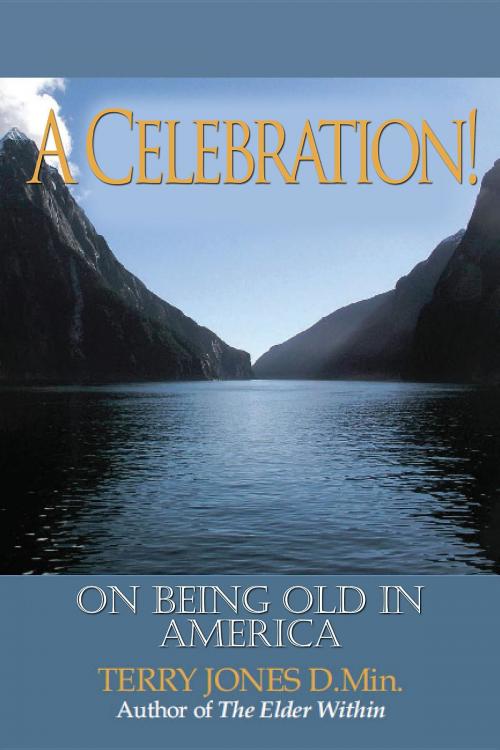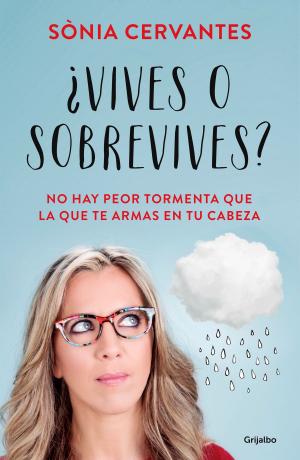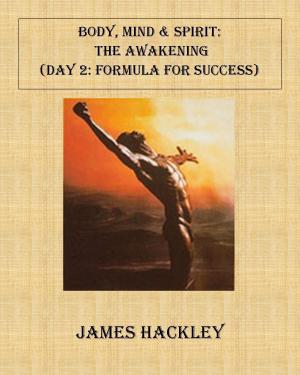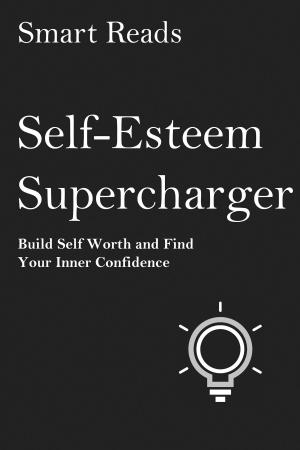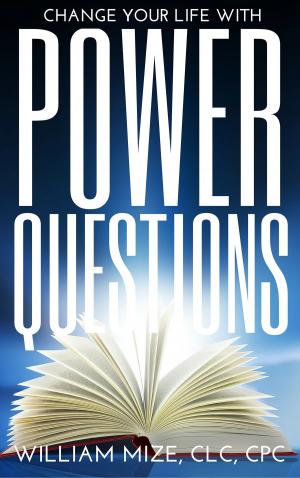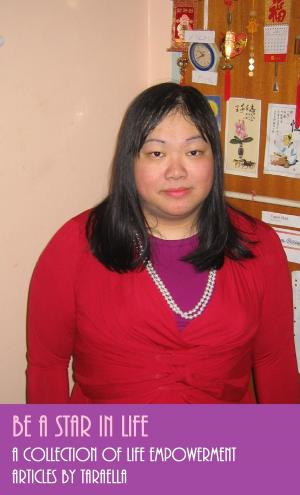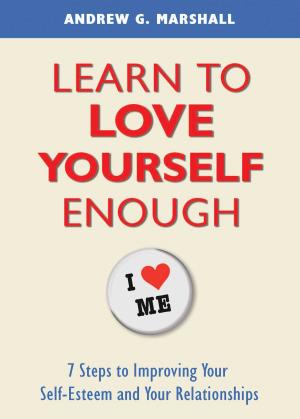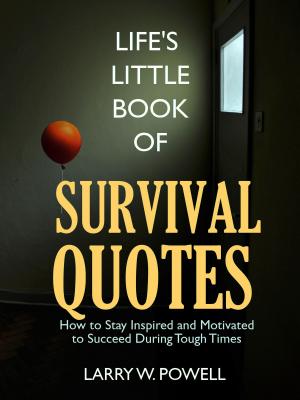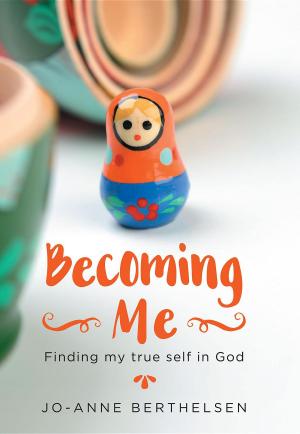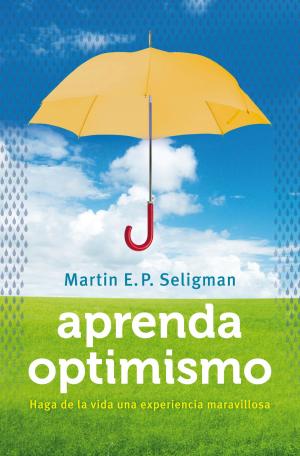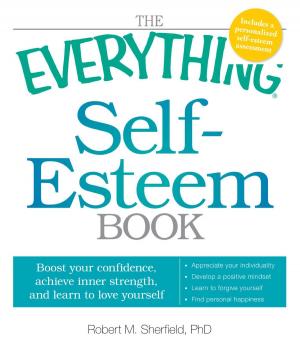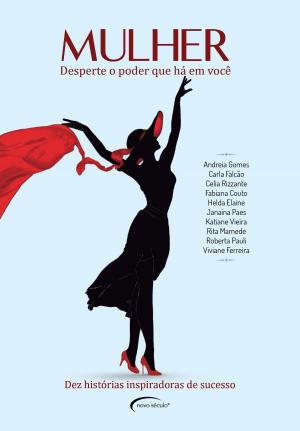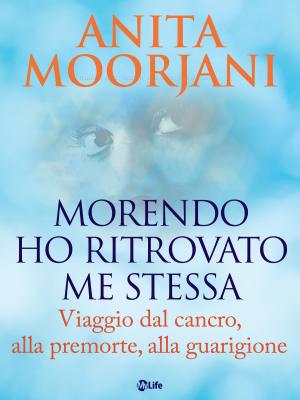A Celebration!
Being Old In America
Nonfiction, Health & Well Being, Health, Aging, Self Help, Self Improvement, Self-Esteem| Author: | Terry E. Jones | ISBN: | 9780692912973 |
| Publisher: | Elderhood Institute | Publication: | January 1, 2018 |
| Imprint: | Elderhood Institute | Language: | English |
| Author: | Terry E. Jones |
| ISBN: | 9780692912973 |
| Publisher: | Elderhood Institute |
| Publication: | January 1, 2018 |
| Imprint: | Elderhood Institute |
| Language: | English |
-
My age fifty was a time of review of who I was and what I had become. I realized the world had an expectation of retirement, withdrawal, disengagement for people beyond this age. However, I was still vigorous and creative, very much unwilling to pull back. Between ages fifty and sixty I decided on a new way of being professionally and I remained capable to create new projects and think of new ideas.
-
A man pointed out to me that being sixty was like being a senior teenager. He said he had everything that he wanted as a teenager, only 50 years later. He doesn't have to go to school or work. He gets an allowance every month from the government. He has his own pad with no curfew. He has a driver's license and his own car. He has an ID that gets him into bars. The people he hangs around with are not afraid of getting pregnant. And he doesn't have acne.
-
At sixty I found myself looking for an alternative to America’s idea of aging. Old people are denigrated in America. In my experience many find people over 60 years of age to be noxious, in their way bothersome, weak and lacking in intelligence. Old people remind us of our mortality. Our judgment in the West is that death is a mistake and we try to avoid it as long as possible. Embracing death as a part of life, however, deepened my appreciation of life. Our denigration of older people is an expression of our fear of aging. I needed a new paradigm for living at this age that did not look like something to fear. Retirement meant to me an increase in freedom, a rebuilding of energy and avoidance of the traditional work world. In my sixties I experienced an expansion of my philosophical understanding and a revaluation of my values. I reconsidered the "eternal truths" and the "eternal values" written about by philosophers. One of my discoveries was that this could be a time either of relegation or a time of celebration. It felt like the culture often wanted me to step back but I wanted something more and celebration of my long life was a possibility. This led me to a review of the ancient concept of elderhood. I will discuss this more below.
If the stages of my life are like the seasons of the year, then now, in my seventies is the end of Autumn. My fifties and sixties were available for the autumnal harvest of my long life. Once that was well under way, then the Winter arrived. My greatest fear now is being mortal, not because I will die soon but because my body cries out to me more often. It whines about decline, lack of strength, reduced mobility and proof of the beginning of Winter. My joys are so numerous, however, that I can reach a balance between fear of the end of life and the potential of life.
-
My age fifty was a time of review of who I was and what I had become. I realized the world had an expectation of retirement, withdrawal, disengagement for people beyond this age. However, I was still vigorous and creative, very much unwilling to pull back. Between ages fifty and sixty I decided on a new way of being professionally and I remained capable to create new projects and think of new ideas.
-
A man pointed out to me that being sixty was like being a senior teenager. He said he had everything that he wanted as a teenager, only 50 years later. He doesn't have to go to school or work. He gets an allowance every month from the government. He has his own pad with no curfew. He has a driver's license and his own car. He has an ID that gets him into bars. The people he hangs around with are not afraid of getting pregnant. And he doesn't have acne.
-
At sixty I found myself looking for an alternative to America’s idea of aging. Old people are denigrated in America. In my experience many find people over 60 years of age to be noxious, in their way bothersome, weak and lacking in intelligence. Old people remind us of our mortality. Our judgment in the West is that death is a mistake and we try to avoid it as long as possible. Embracing death as a part of life, however, deepened my appreciation of life. Our denigration of older people is an expression of our fear of aging. I needed a new paradigm for living at this age that did not look like something to fear. Retirement meant to me an increase in freedom, a rebuilding of energy and avoidance of the traditional work world. In my sixties I experienced an expansion of my philosophical understanding and a revaluation of my values. I reconsidered the "eternal truths" and the "eternal values" written about by philosophers. One of my discoveries was that this could be a time either of relegation or a time of celebration. It felt like the culture often wanted me to step back but I wanted something more and celebration of my long life was a possibility. This led me to a review of the ancient concept of elderhood. I will discuss this more below.
If the stages of my life are like the seasons of the year, then now, in my seventies is the end of Autumn. My fifties and sixties were available for the autumnal harvest of my long life. Once that was well under way, then the Winter arrived. My greatest fear now is being mortal, not because I will die soon but because my body cries out to me more often. It whines about decline, lack of strength, reduced mobility and proof of the beginning of Winter. My joys are so numerous, however, that I can reach a balance between fear of the end of life and the potential of life.
